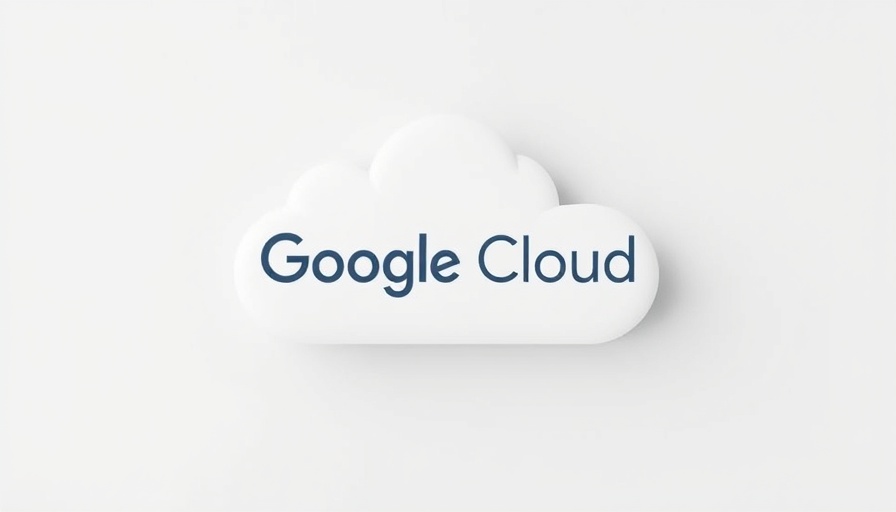
Transforming Healthcare with AI: A New Era for Patient Care
As the healthcare sector grapples with rising administrative costs and clinician burnout, artificial intelligence (AI) is stepping in as a transformative force. Google Cloud is at the forefront of this evolution, creating advanced AI tools designed to streamline healthcare processes and improve patient outcomes. Aashima Gupta, head of healthcare for Google Cloud, shared insights on ongoing innovations and their significance for the industry.
Breaking Down Barriers: The Role of Google's Health AI Solutions
One of the notable advancements is the Vertex AI Search for Healthcare, a generative AI-powered tool that enables clinicians to retrieve pertinent information from medical data swiftly, minimizing the administrative burden. This tool’s capability to analyze both text and images helps clinicians access comprehensive insights from various health documents rapidly, transforming how healthcare workers interact with patient data. Through such innovations, Google aims to enhance operational efficiencies while tackling the growing challenges faced by healthcare professionals today.
The AI-Driven Future: Shaping Healthcare Experiences
The launch of tools like Med-PaLM, a large language model tailored for healthcare, signifies a shift in how AI can support clinicians. With the ability to generate accurate responses to clinical queries, these AI tools aim to alleviate clinician pressure by providing reliable insights without overwhelming them with information overload. Additionally, Gupta highlighted the importance of ensuring accuracy and reliability to prevent common AI pitfalls such as misinformation or bias, a significant concern within the industry.
Pioneering Multimodal Capabilities in Healthcare
Google's innovations extend to multimodal capabilities, enabling AI systems to understand complex visual data like medical imaging. This feature is particularly impactful, as healthcare often relies on a variety of documentation types, making it crucial for AI to interpret and analyze information accurately. By streamlining this process, Google aims to enhance the quality of care while allowing healthcare providers more time to focus on patient interactions.
Addressing Challenges and Future Outlook
Despite the promising developments, the integration of AI into healthcare isn’t without challenges. Issues like AI hallucinations—where AI generates false information—demand ongoing attention and accountability from tech developers and healthcare providers alike. As the conversation around healthcare AI evolves, Gupta envisions a future where AI acts not simply as a tool but as a collaborative partner to clinicians, significantly shifting traditional healthcare paradigms.
Why Understanding AI in Healthcare Matters
For consumers, being informed about these AI advancements is crucial. As patients seek more personalized and efficient care solutions, understanding the role of AI in healthcare can empower individuals to advocate for better health practices. Knowledge of these trends can also help individuals navigate their health journeys more effectively, particularly for chronic conditions where timely management can drastically improve outcomes.
Google Cloud is positioned to play a crucial role in this evolution, and consumers should pay attention to how these tools can enhance their healthcare experiences in the future.
 Add Row
Add Row  Add
Add 




 Add Row
Add Row  Add
Add 



Write A Comment